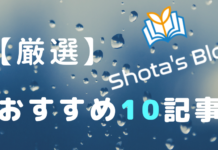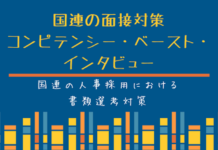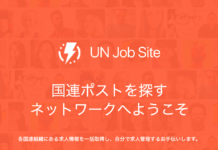Core Value: Integrity
Positive Indicators
• Upholds the principles of the United Nations Charter.
• Demonstrates the values of the United Nations, including impartiality, fairness, honesty and truthfulness, in daily activities and behaviours.
• Acts without consideration of personal gain.
• Resists undue political pressure in decision-making.
• Does not abuse power or authority.
• Stands by decisions that are in the Organization’s interest even if they are unpopular.
• Takes prompt action in cases of unprofessional or unethical behaviour.
Negative Indicators
• Interprets principles and ethics flexibly without justification
• Seeks personal gain.
• Compromises too readily when under pressure.
• Favours certain issues, individuals or groups in a subjective
• Is not reliable.
• May be dishonest.
Sample Questions
Tell me about the last time that you were faced with a professional or ethical dilemma at work (in the recent past).
- What was the specific situation?
- How did you feel?
- How did you resolve the dilemma?
When have you been asked to ‘bend the rules’ by a colleague or client?
- How did you manage the situation?
- What pressures were you under?
- What factors did you have to consider?
- What was the outcome?
Describe a time when you have had to choose between admitting a mistake and maintaining credibility to a superior or client.
- What did you do?
- How did you decide what to do?
- How does your approach compare to colleagues (others) who have faced this situation?
- What would you do differently next time?
Tell me about a time you have observed others working in an unprofessional or unethical manner.
- What was unprofessional or unethical about their behaviour?
- What did you specifically do about their behaviour?
- What were the implications of taking action?
- How did you deal with the possible consequences?
- How likely are you to take action compared with your colleagues?
In most organizations there are rules, regulations and principles that have to be adhered to and some that can be interpreted more flexibly. Give me an example of a time where you have interpreted the rules with more flexibility.
- What was the specific situation?
- What made the situation ambiguous?
- What did you do well in handling the situation?
- What else could have you done?
Give me an example of when you have had to defend an organization’s decision to others who did not agree with the viewpoint.
- What was the specific situation?
- Why did you defend the decision?
- What did you say or do that was particularly effective?
- In hindsight, what would have you done differently?
他の面接質問集
他の面接質問集は「国連採用試験:面接質問集」をご覧ください。
関連リンク >> 「国連採用試験:面接質問集」






